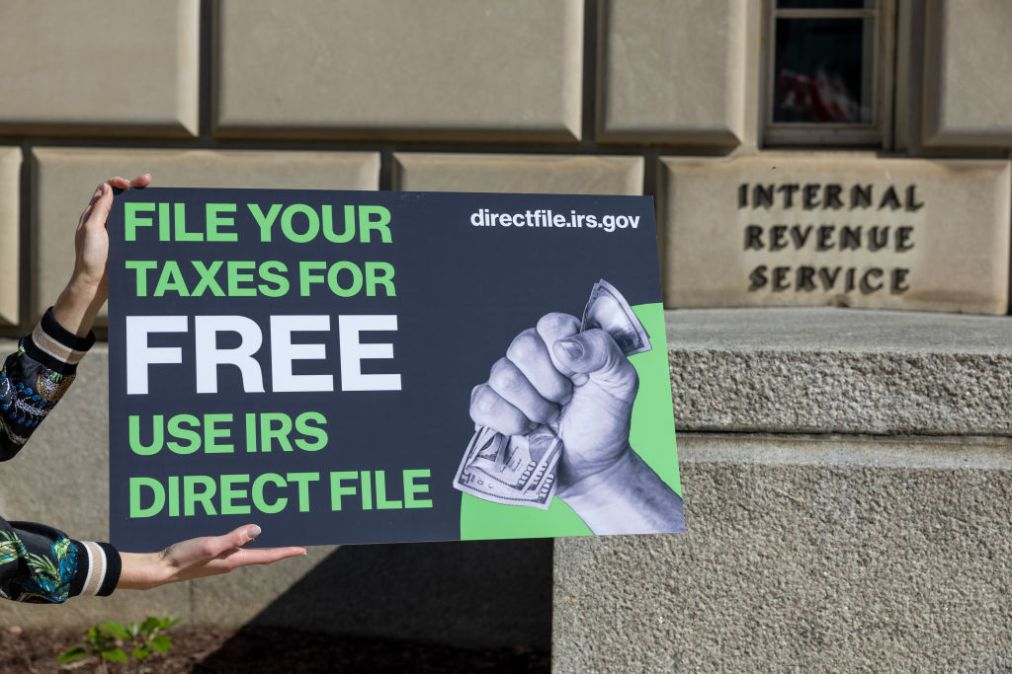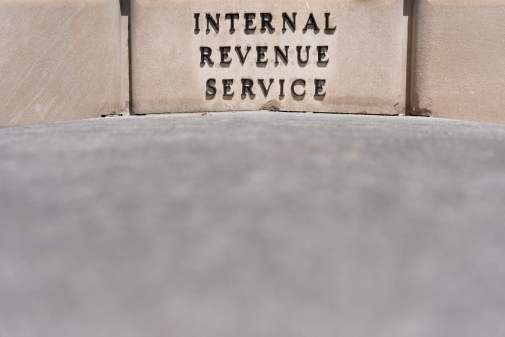Cost estimates for IRS’s Direct File program were incomplete, GAO says

As the IRS’s Direct File pilot approaches the end of its 2024 runway, a new watchdog report finds that the tax agency’s cost estimates for the program were incomplete and would need “a comprehensive accounting” ahead of a potential takeoff in 2025.
The Government Accountability Office said pricing estimates for Direct File — the electronic filing program made available this tax season for payers in 12 states — didn’t include start-up costs, including for the technology underpinning the system.
“A review by the Treasury Inspector General for Tax Administration found that IRS had no documentation to support the underlying data, analysis, or assumptions used for Direct File cost estimates. We found this as well. A best practice for economic analysis is a transparent methodology, including analytical choices and assumptions,” the GAO wrote, adding that start-up tech costs for “a novel system” of this kind “could be substantial.”
The tax agency, which received tens of billions of dollars from the Inflation Reduction Act to improve the taxpayer experience, budgeted $114 million for Direct File for fiscal 2024. Those funds, which came from appropriations accounts, included $50 million for business systems modernization, $38 million for taxpayer services and $26 million for operations support.
While acknowledging “several uncertainties in the estimates” for the Direct File pilot, the IRS projected an annual price tag to run the program of between $64 million and $249 million, with approximately $21 million in tax preparation cost savings for filers.
The GAO said that a May 2023 report from the IRS to Congress “did not fully align with best practices for cost estimation.” The agency now risks missing several “time-sensitive opportunities” for estimates connected to Direct File, including in cost categories such as customer service, the integration of state returns, supporting additional tax situations and extra labor.
Estimates for technology costs appear to be an especially unwieldy target. In its report to Congress, the IRS said that Direct File would require “frequent updates” given changes to tax law. The underlying technology may also need updating based on customer feedback, the report noted.
In a letter to the GAO’s director of tax policy and administration, IRS Commissioner Danny Werfel said the agency’s cost estimate shortcomings were due in part to “the lack of a baseline or comparable data available.” Information collected during the pilot, Werfel added, “will allow us to develop an accurate baseline for this novel government service.”
Werfel left the door open in his letter for Direct File to be a one-and-done program. Agency officials told the GAO in February that senior IRS leaders “had not decided on the future of the pilot beyond the 2024 tax filing season,” pointing to mitigating factors such as a “lengthy” hiring process to properly staff the program, especially if “new capabilities are to be added.”
Assuming the IRS does move forward with Direct File for the 2024 tax year, the GAO offered three recommendations to the commissioner regarding how the agency can ensure best practices on cost estimates, proper documentation on the program’s benefits and the leveraging of data to inform future decisions about the system.
“Without collecting the information needed during the 2024 pilot to inform a comprehensive assessment of the costs associated with Direct File and its benefits, IRS risks making longer-term decisions without full information,” the GAO wrote. “Taken together, these steps should help support data-driven evaluation by IRS leadership and members of Congress.”






